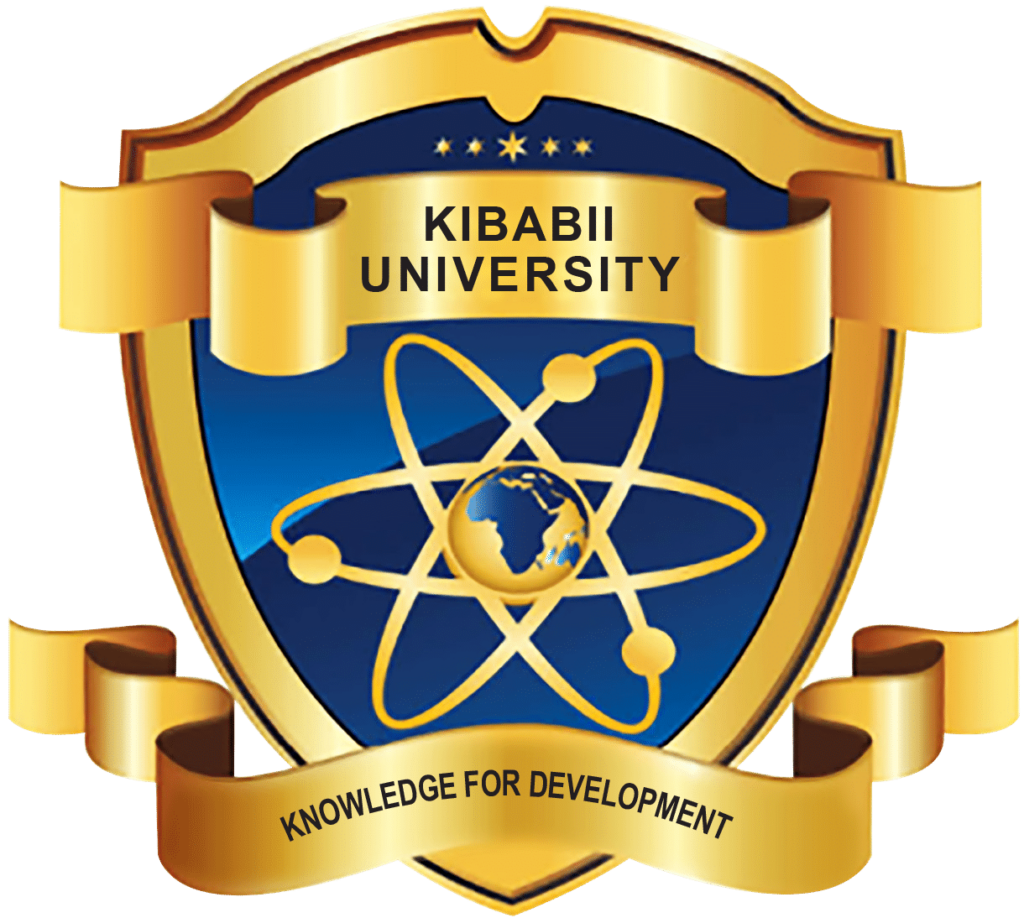Application Lifecycle Management Activities for Quality Assurance in Software Development
Tobias Okumu Otibine, Samuel Mbuguah, Juma Kilwake and Harriet Loice Tsinale
@International Journal of Trend in Research and Development (IJTRD)
ISSN: 2394-9333, Volume-4 | Issue-2 , April 2017
Lifecycle Management approaches promise more systematic and efficient ways to support the development and management of complex products. The concept of Application Lifecycle Management (ALM) indicates the coordination of activities and the management of artifacts during the software product’s lifecycle. Most of the currently available unified ALM solutions are either based on basic version control and other ‘low level’ point-to-point integrations, or advocate the adoption of a new and expensive all-in-one solution from a single vendor. The problem with these current solutions is that the first does not go far enough to really provide the previously described benefits of applying an ALM solution, while the second one is often associated with high costs in tools, infrastructure and personnel which in turn affect the quality of software developed for SME’s and middle level organizations. This paper discusses the effect of application lifecycle management activities on quality assurance in software development. The research employed multiple case study design. The data collection tools included Questionnaire, Observation and Interviews. ALM activities were found to be a direct predictor of Software quality assurance in software development. The research found out that ALM elements and their relations together with good documentation were very key in coming up with an efficient ALM solution and with improved process support and better knowledge and experience on ALM, application lifecycle management activities greatly affected the quality of software’s developed thus improving on quality assurance in software development.
![]()
Download Abstract: Application Lifecycle Management Activities for Quality Assurance in Software Development

